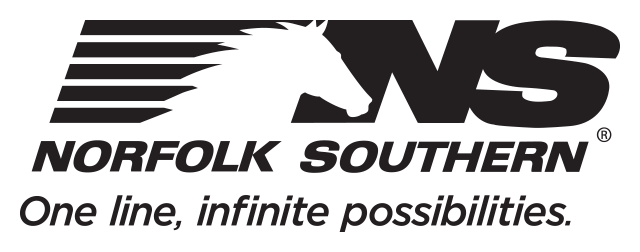NS: Advanced Technologies for Improved Service

Norfolk Southern in early 2015 completed rollout of the railroad’s “next-generation” train-dispatching system to optimize train movements across the network and enhance customer service. In a significant milestone, every division on the railroad as of March 2015 was using the RailEdge Movement Planner, a computer software program that is the rail equivalent of an automated air traffic control system. Movement Planner analyzes hundreds of daily train schedules and voluminous amounts of operating data to generate the most efficient plan for moving trains across the network.
Since rollout began in 2010, divisions using the RailEdge system for more than a year have seen average train velocity improve on their territory by 10 percent, or about 2 mph. The benefit for customers is more consistent, on-time service.
In 2013, Norfolk Southern completed systemwide rollout of the Unified Train Control System, the base train dispatching system that is the operating foundation for Movement Planner. UTCS replaced a variety of legacy systems with a single, integrated system that gives dispatchers and other railroad employees a shared network view. The primary benefits of UTCS are enhanced train safety, improved customer service, and increased operating resiliency - train dispatching can continue remotely for any division that loses dispatch capabilities due to severe weather or other disasters.
Norfolk Southern worked with industry partner GE Transportation to develop and implement UTCS and Movement Planner. The RailEdge technology incorporates data such as Norfolk Southern business priorities, locomotive horsepower, track topography, and train tonnage to develop train movement plans. The system includes a train performance calculator that estimates a train’s arrival at a location within five minutes per 100-mile stretch of rail line.
With UTCS and RailEdge, Norfolk Southern can track the time it takes a train to move over specific sections of track, traffic signals used, and where delays occur. Employees in information technology, transportation, strategic planning, and other operations departments analyze the data for ways to improve operating efficiencies and customer service.
Environmental benefits derive from reduced train delays and congestion, contributing to locomotive fuel efficiency and reduced greenhouse gas emissions.

